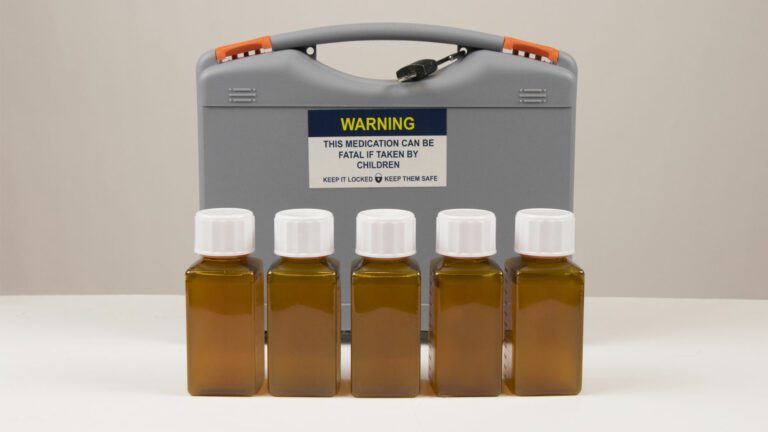
As a result of the COVID-19 pandemic, Health Canada issued temporary exemptions to section 56 of the Controlled Drugs and Substances Act. Among other things, these temporary exemptions allow pharmacists to prescribe methadone or transfer prescriptions for methadone to facilitate continuity of care for patients receiving treatment for opioid use disorder.
Click here to read ACP’s guidance for temporary authorizations for controlled substances during the pandemic.
Health Canada has received reports from patients and healthcare professionals that there may be variations in how patients respond to different formulations of methadone when used for the treatment of opioid use disorder. As a result, they issued a caution to healthcare professionals about switching from one formulation of methadone to another for these patients
Pharmacists should be aware of the following:
- Some patients may experience withdrawal symptoms after being switched from one formulation to another; these patients should be clinically managed and monitored regularly.
- If patients are stable on their methadone treatment and can be maintained on that product, it is advisable to avoid switching products, when possible.
- Early withdrawal symptoms can lead to a failure to remain in treatment and subsequent problematic substance use, which may lead to serious harms.1
ACP encourages pharmacists to be aware of what formulation their patients are using before prescribing or transferring a methadone prescription, and to maintain the patient on that formulation whenever possible. If it is not possible to continue with the same formulation of methadone, pharmacists should advise their patients of the change and monitor them closely for any adverse effects, such as opioid withdrawal.
1Methadone Treatment of Opioid Dependence and Potential Differences in Product Effect, Health Canada, Recalls and Safety Alerts




